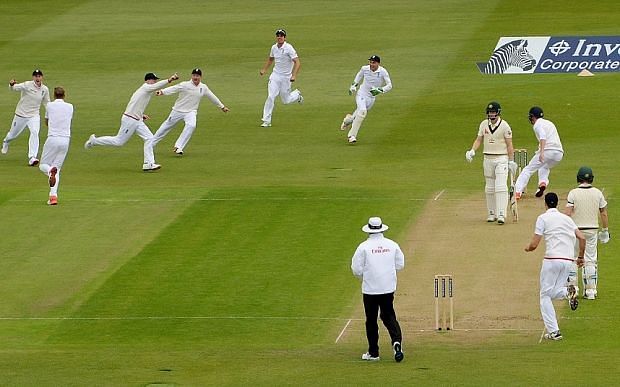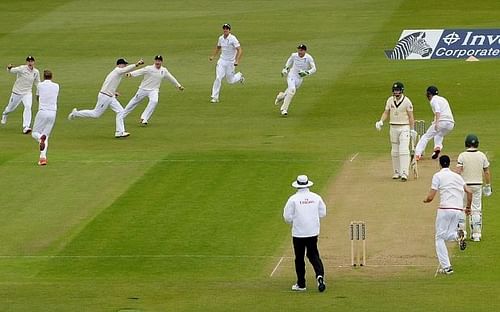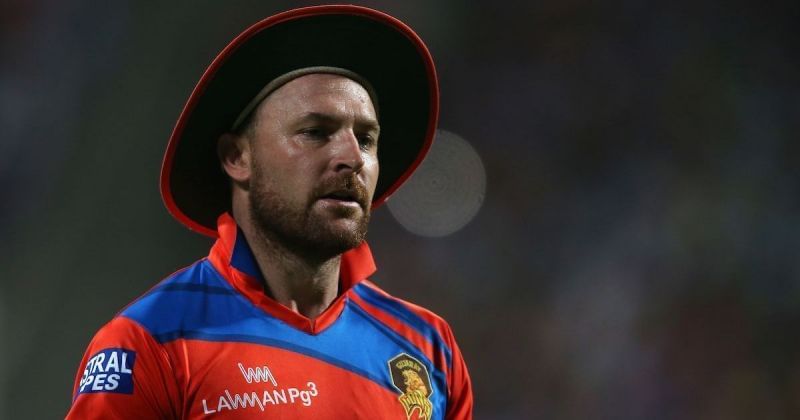
Data Analytics – A sleeping giant in the cricketing world?

Data Science is in the buzz right now. It is said to be the sexiest job of the decade as the world is being taken over by data. And since cricket is one of the biggest and most widely followed sports in the world, it would be natural to assume that data analytics has a big say in the game between bat and ball.
Meet Dan Weston, a man for whom numbers come naturally as a trader & analyst. He has made it his life’s mission to change the way people look at the sports through heavy use of statistical analysis. While Big Data management is taking over many sports, cricket enthusiasts might still be living in the past of elitism.
“Quite a few coaches are old school, so it’s difficult to get them to buy into what you’re offering,” says Weston, who was once a full-time gambler before becoming an expert analyst. “There are just not enough fresh voices.”
Weston, who produced extensive tennis data, thinks that data analytics could easily be used in cricket and that most of the data in the sport are somewhat redundant.
“Cricket is full of inane data like: ‘This is the slowest century by an English batsman on a Tuesday.’ It’s completely worthless,” he opined.
‘Worthless’ statistics aren’t the only thing that irks him about the sport, but also the errors that are made due to the incorrect usage of it with regards to selection, recruitment, in-game tactics, etc.
Weston is of the belief that conditions play a huge role in cricket, more than any other sport.
“Cricket is a conditions-driven sport,” he says, “so a T20 Blast match at Canterbury will be a pace-orientated affair, whereas in Dhaka it’s going to be spinner-friendly and low-scoring.
“If a batsman performs well at Canterbury, does that really apply to a match in Dhaka? Probably not. There’s limited relevance.”
Different formats & leagues requiring different skills & players

With the IPL being 12 seasons old, it is high time data analytics are introduced extensively in the league to analyse the impact each player will make in the league and at different venues. His analysis has also helped change the game regarding IPL betting and made it more focused on numbers.
He analyses the patterns of how similar players in the past made the jump from one league to another.
“I might be asked to find a pace bowler for the T20 Blast, where an Australian will be quite highly-rated, as opposed to the IPL, where they haven’t thrived as much as their reputation would suggest because of the quality of the league.”
The lack of data analytics in cricket is a bit shocking considering the time we’re living in is dominated with numbers and analytics.
Make no mistake, he doesn’t believe that he is blessed with a magical mind. He considers himself a simple man looking at cricket in a different light and finds it shocking that teams with proper structures don’t pay enough attention to the numbers that could make or break them.
“If a bloke like myself can sit in an office and produce decent theories and data about T20 I see no reason why a team with bigger resources can’t do the same,” the inquisitive researcher questions.
One of the most important things in sport – that should really not be important given that a match is never played in the past – is reputation. Weston highlighted the fact that cricket teams use reputation as an attribute to select players – and that doesn’t make much sense to him.
He used the examples Brendan McCullum and Sam Curran, who recently earned a great deal with Kings XI Punjab due to his fantastic performance in Test cricket – even though their T20 numbers aren’t all that impressive.
“Take Brendon McCullum: he’s got a poor record against spin bowling, he doesn’t keep wicket anymore, yet subcontinental teams are signing him as a marquee player. It makes no sense whatsoever,” he said sharing his thought on the matter.
“Then you see players signed based on reputation from another format. So Sam Curran played very well against India in Test matches last summer and has subsequently got a mega IPL deal despite the fact that his T20 data is not particularly impressive. I will continue to argue that he is an anti-moneyball signing.”
Weston thinks that having too many all-rounders in the team could lead the XI to be lopsided as number 8 and 9 batsmen don’t really face too many balls in the match, which is why it is ideal to have pure bowlers in those positions who can actually contribute with the ball – especially in death overs.
“You don’t want to stick an all-rounder at No. 9 because he’s just not going to bat,” he says.
“The average No. 8 faces about seven balls per match, and the average No. 9 faces about four balls per match. If those guys are required to face more than the average, your top order batsmen haven’t done their job properly.
“For No. 9, 10 and 11 you just want an out-and-out specialist bowler who would perhaps then be capable of playing a five-ball cameo.
“If you pick too many all-rounders you end up compromising where they bowl, because often they turn out not to be very good death bowlers.”
It is not as though Weston’s ideas are being completely overlooked as his analysis are being taken into consideration by some teams. His written analysis of 10 English players who would perform well in the subcontinent got 5 of them signed.
Weston also argues that his analysis could help teams save a lot of money by releasing players that are not adding any value to the squad, which could then be used to pay the wages of a consultant.
“If they were to use my data, they would be able to release a player and free up the money to pay for a consultant. It’s an indictment of the game at the moment.”
Although the current scenario in cricket is a bit bleak for data analysts – given how old-school and rigid the people behind the system still are – Weston is optimistic that somewhere down the line, cricket could emulate baseball into becoming a stats-driven sport.
“I think things will change in the next decade or so. We’ll find that cricket will turn in to much more of a baseball-orientated, stats-driven sport,” he signs off.
Given how data is taking over the world, his prediction might just come true.
Follow Sportskeeda for all the updates on 2019 purple cap, points table, schedule, news, live scores, orange cap and fantasy tips.